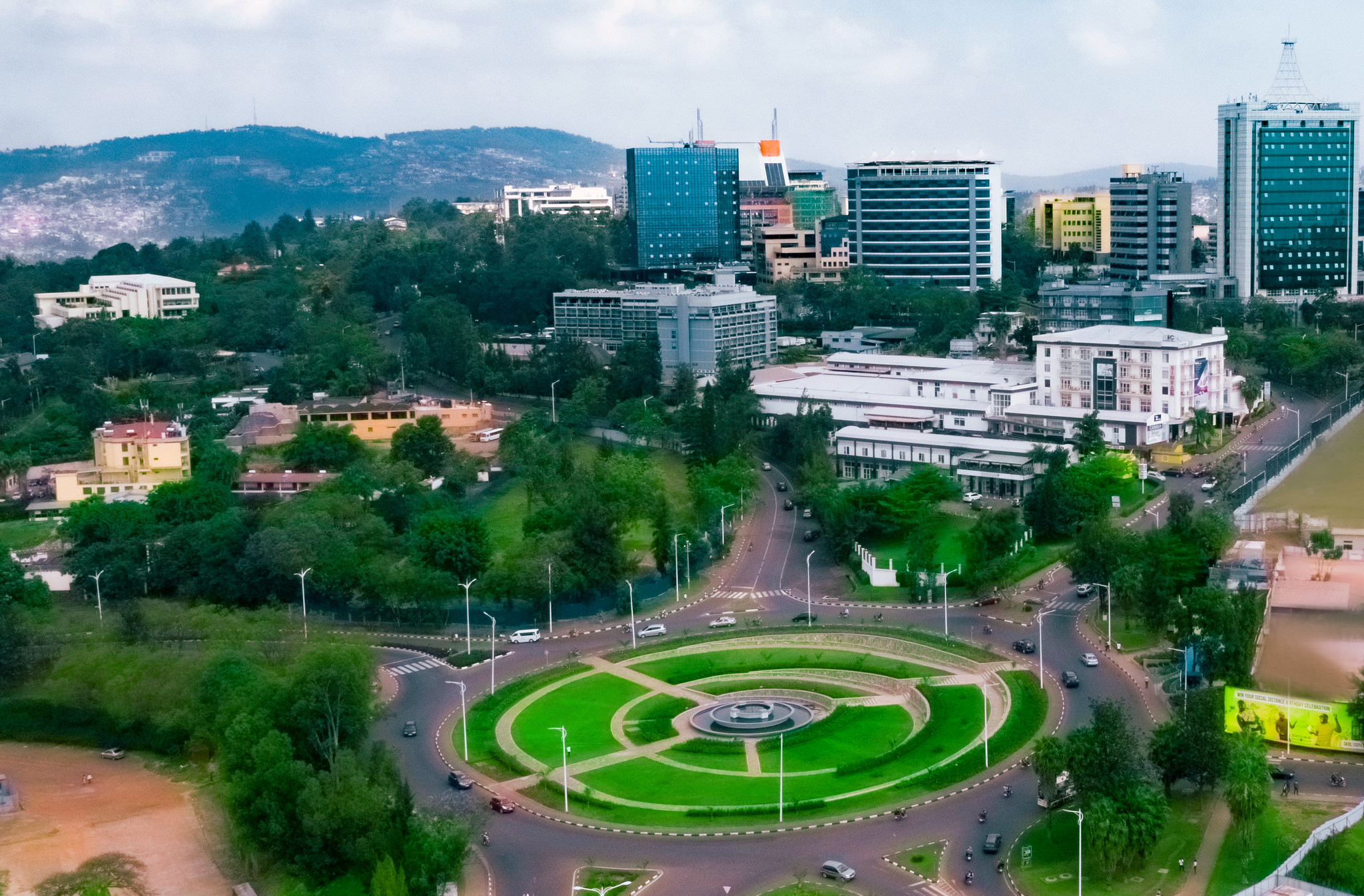By Nathan Kiwere
For instance, it summarizes everything related to the mentality, values, beliefs, and ideals of the people, which is important for the molding of political, economic, and social institutions. In the African context, where so many countries are still burdened with post-colonial legacies, poverty, corruption, and underdevelopment, such a profound change in national consciousness serves as a strong driving force for meaningful and lasting improvements in the quality of life of their citizens. It calls for a collective awakening towards shared goals and ethics with a sense of commitment towards better governance and socio-economic progress. Examples of such fates include Rwanda, Botswana, and Ethiopia, where such transformation has been possible when the nation has deliberately fostered a culture of accountability, visionary leadership, and societal cohesion.
Rwanda: From Genocide to Model of Socio-Economic Recovery
Rwanda perhaps provides one of the most striking examples in which a shift in national consciousness gives way to real tangible improvements in quality of life. Rwanda, in 1994, fell into perhaps one of the darkest moments in African history: the Rwandan genocide, an estimated 800,000 people killed in 100 days, stemming from deep-seated ethnic divisions and political manipulation. After the genocide, however, Rwanda drastically changed under the leadership of President Paul Kagame.
Kagame had called for national unity, reconciliation, and a sense of shared purpose. Ethnic divisions were to be toned down as the “Rwandan” identity was promoted at the expense of tribal affiliations. This consciousness was not only rhetorical but also institutionalized through policies and practices such as the Gacaca courts, which made possible justice and reconciliation at the local level. Moreover, it turned national consciousness into one that focuses on development, accountability, and self-reliance. The government instituted anti-corruption measures, complemented these with streamlining bureaucracy, and intense human development through education and healthcare.
Today, therefore, Rwanda is regarded as an excellent example of post-conflict recovery with people visibly coming out of poverty. It is one of the fastest-growing economies in Africa, its GDP averaging a growth rate of more than 6% annually. It increased from 29 years in 1994 to over 69 years in 2023. Rwanda also became a leader in gender equality, with women holding more than 60% of the parliamentary seats, the highest percentage in the world. It is this shift in national consciousness-from division and violence to unity and development-which has been the bedrock of Rwanda’s success.
Botswana: National Consciousness of Good Governance and Economic Prudence
Another powerful example is Botswana, where a transformation in national consciousness-especially in the spheres of governance and economic management-has improved the quality of life. When Botswana became independent in 1966, it was one of the poorest countries in the world, with little infrastructure and few natural resources outside diamonds. However, through this national leadership, first by President Seretse Khama, a national consciousness was instilled that perceived good governance, the rule of law, and prudent management of resources as a matter of basic duty.
The government of Botswana consciously took a different path from the corruption and mismanagement that seemed to have characterized the resource endowments of many other African countries. The strong legal framework and transparently organized governance structures ensured that revenues derived from diamond mining were invested in health, education, and infrastructure, rather than being siphoned off by elites. This was supported by a strong sense of national identity that put collective well-being over short-term political or personal gain.
Because of this, Botswana has regularly been classified as one of the least corrupt and most politically stable countries on the African continent. It has also had one of the fastest economic growth rates in the world, registering a per capita income positioning it in the category of upper-middle-income economies, with one of the best HDI scores on the continent. These health investments have translated into a life expectancy of 70 years, while the country has also emerged as a regional leader in education, with a literacy rate exceeding 90%. The success of Botswana is a clear example of how national consciousness underpinned by good governance, accountability, and long-term planning can result in a high quality of life for its citizens.
Ethiopia: Awareness of Self-Sufficiency and Infrastructure Development
The Ethiopian experience also provides a lucid example of the role that national consciousness may be able to play in bringing about transformative improvement in life quality. Scarred by civil war, famine, and political instability, over the last two decades, Ethiopia has embarked on a remarkably ambitious developmental journey based on what would seem to be a change in national consciousness: self-reliance, infrastructure development, and regional leadership.
Ethiopia, at the hands of late Prime Minister Meles Zenawi, embraced the dreams of fast industrialization and infrastructure development. A country’s new consciousness for large-scale public works and social investments that would change its agrarian status into manufacturing and service-based economies started to shift. Most apparent, this shift lay at the heart of Ethiopia’s commitment to building the Grand Ethiopian Renaissance Dam as a symbol of national pride and ambition for transforming the country into a regional power. Since it is supposed to be Africa’s largest hydroelectric power plant, it is perceived as fundamental to the Ethiopian bid for energy self-sufficiency and economic transformation.
Apart from building a robust infrastructure, this government has invested heavily in education and healthcare, making both more accessible throughout the country. As a result, its GDP growth averaged 9-10% annually during the last decade, with the country managing to lift several millions out of poverty. This is in relation to how, in Ethiopia, national pride and unity ensure that a change in consciousness-from a state of dependency and underdevelopment to one driven by ambition and self-determination-translates into noticeable improvement in livelihoods.

Leadership’s Role in Shaping National Consciousness
Of course, in all these examples, the role of visionary leadership in guiding national consciousness plays a significant role. It is a leadership that would emerge, focusing on the common good, to inspire the people to look beyond self-interest for the greater good. From Kagame in Rwanda, Seretse Khama in Botswana, down to Meles Zenawi in Ethiopia, they typified the change in consciousness they sought to sow in their people. They preached unity, accountability, and development and proved that leadership can be a determining factor in the set of values and goals a nation strives for.
Challenges and Potential for Other African Nations
Though examples of Rwanda, Botswana, and Ethiopia give hope, a lot of African nations still have to struggle hard in making this shift in national consciousness, which is necessary for the long-term development of their countries. Corruption, ethnic division, and weak governance have fostered enabling environments for a cohesive national vision in countries such as South Sudan, the Democratic Republic of the Congo, and Zimbabwe. Success stories in other African countries do, however, provide a roadmap, since even those countries that have begun with deep trauma or poverty show that progress can be realized when national consciousness shifts to questions of unity, accountability, and sustainable development.
The African Union’s Agenda 2063 remains one of those frameworks purposed to catalyze that shift in consciousness at continental level by promoting inclusive growth, sustainable development, good governance, and peace. The document will hopefully inspire African countries through common values, pan-African solidarity, and collective responsibility to build the “Africa We Want.”.
A change in national consciousness, if cemented on the values of unity, accountability, visionary leadership, and long-term development, promises a sea-change in the lives of the citizens, as is happening in Rwanda, Botswana, and Ethiopia. The African context, with its myriad set of unique challenges and historical legacies, presents possibilities and challenges toward securing such changes. But these success stories have one underlying lesson: that when nations change the collective mind, sustainable progress and the improved standard of living open up to all the people. The future for Africa, in this respect, does not rest with policy reforms but deeper transformation in national consciousness toward unity, good governance, and development.


Leave a Reply